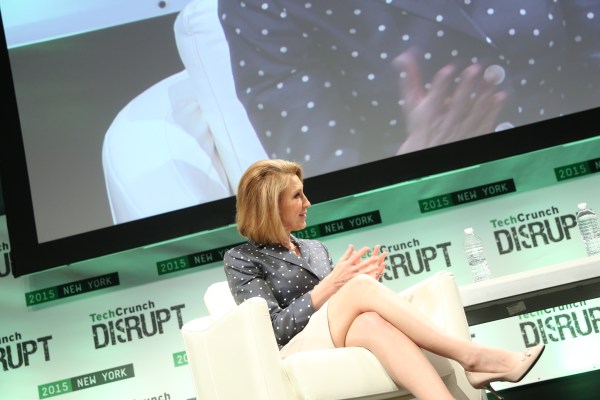A group of conservative technologists wants eliminating regulatory policies affecting small businesses to be a key issue in 2016.
Lincoln Labs, a conservative technology group pushing for small government, on Monday released a report outlining policies that would limit regulation, intellectual property laws and lobbying practices that the group thinks impede startups. The authors hope by publishing the report ahead of the Republican debate on Wednesday, they can ensure tech issues like patent reform make it to CNN’s stage.
“The discussion on how to grow the economy is always a discussion about tax policy,” Derek Khanna, Lincoln Labs policy lead, said in an interview with TechCrunch. “But tax policy is really divisive among Democrats and Republicans.”
Khanna believes economic reform could be achieved through focusing on issues that do not fall on partisan lines. However abstract topics like patent reform are not frequently talked about in sound bite-driven campaign cycles. Khanna hopes to change that by injecting humor into the conversation. The report includes an image of the patent on “Method of Concealing Partial Baldness.” Though the combover may be a tongue and cheek dig at Republican presidential candidate Donald Trump, Khanna says the fact that such a patent actually exists.
The report also outlines “Right to Work 2.0,” a plan to open economic sectors to competition. The plan would provide an avenue to do away with what Lincoln Labs believes are unneccessary regulatory laws through court challenges.
As Wednesday approaches, it’s likely some issues pertinent to Silicon Valley could make it into the debate. Though patent reform may not be at the top of the list, cybersecurity will likely be a key issue. In anticipation Bush on Monday unveiled a cybersecurity plan that hit hard at many of the Obama administration’s failings in cybersecurity. The White House has recently been strongly pushing for a cybersecurity bill, but Bush alleges President Obama has not done enough to force Senate Democrats wary of the bill’s privacy short comings to fall in line. Bush’s plan also called for the removal of regulatory barriers that limit the tech industry.
In addition to cybersecurity and regulation, former Hewlett-Packard CEO Carly Fiorina has edged up in the polls to gain a seat in Wednesday’s debate. She and Trump have been exchanging blows for the past week, and with his recent criticism of her tenure at HP, her business record is sure to come up in the debate.
Khanna says so far no major candidate from either party has emerged as a champion of tech issues. He hopes that will change, and he and his team have been tweeting their report at the candidates ahead of the CNN debate.
“These issues are really important, and they don’t receive the attention they deserve,” Khanna said.
